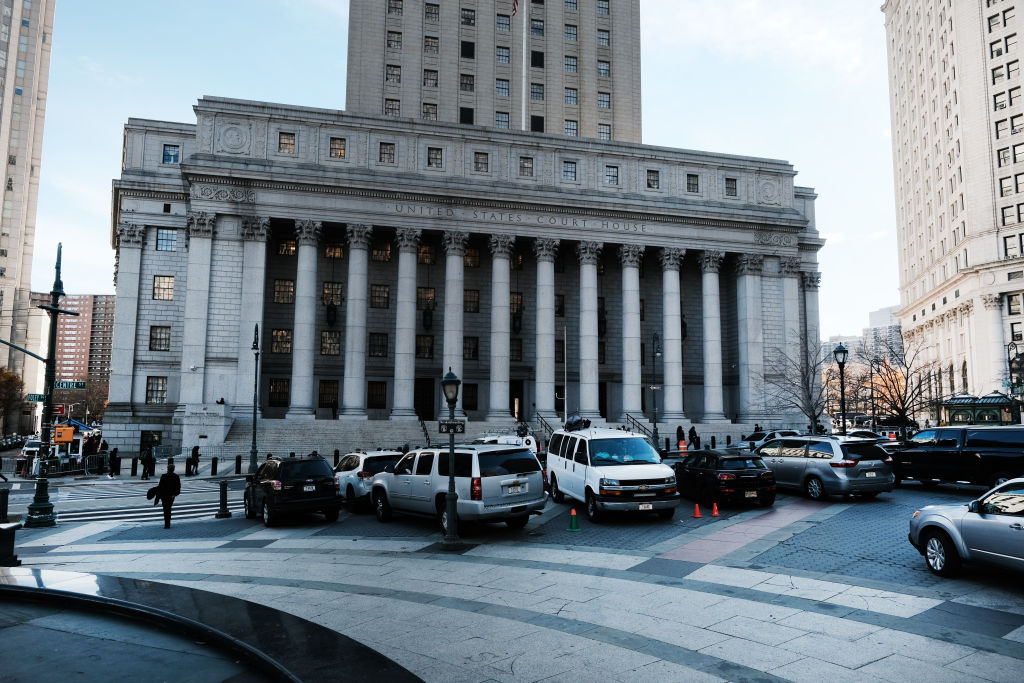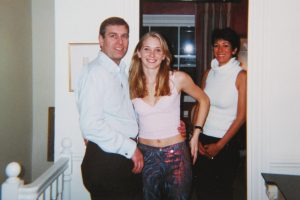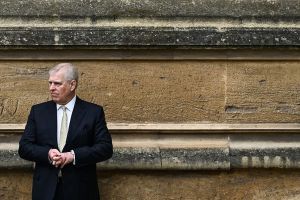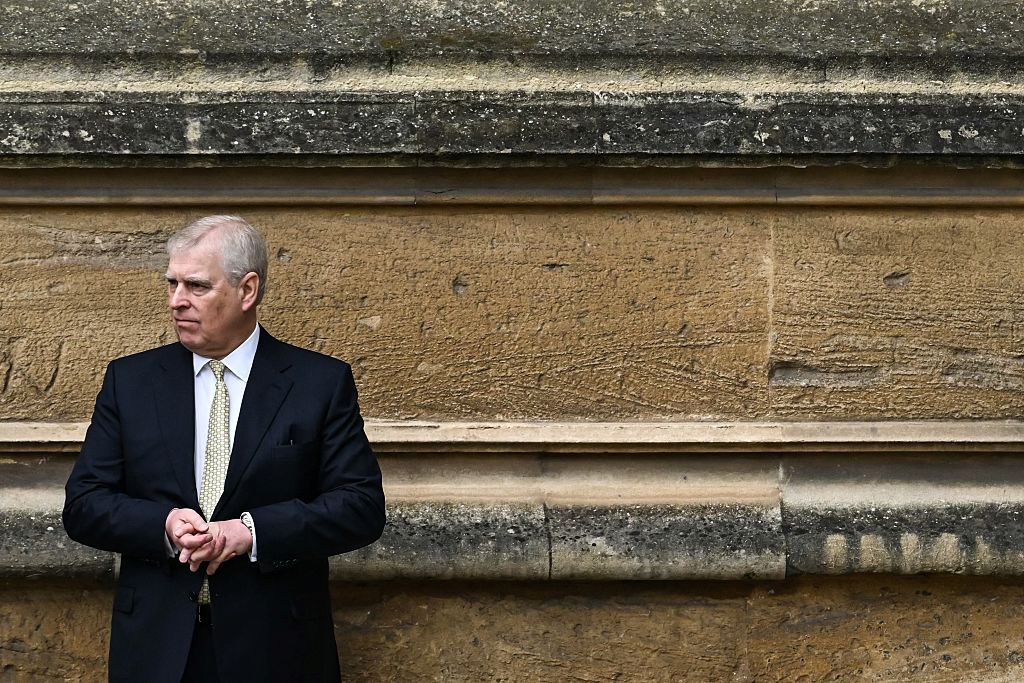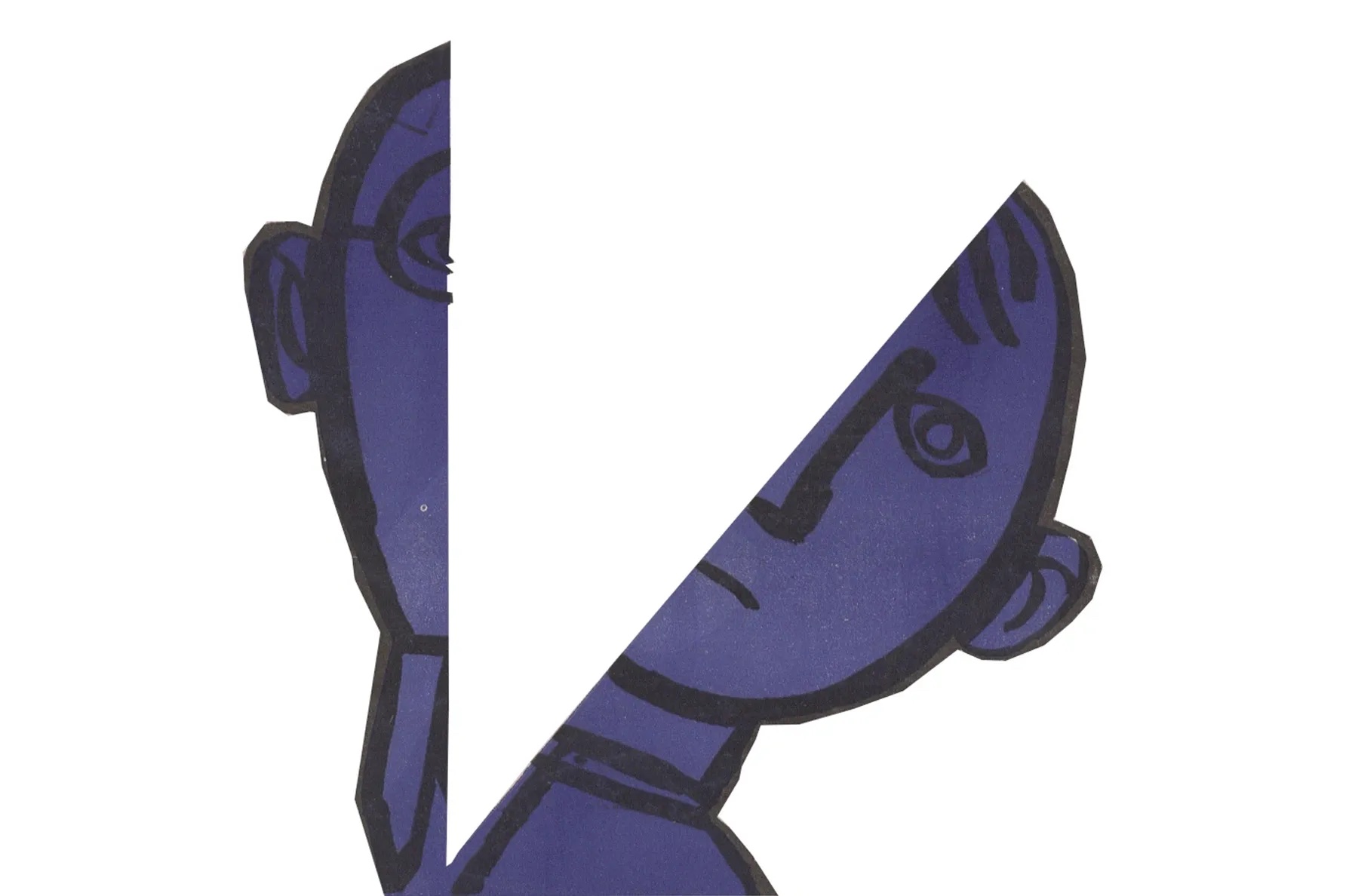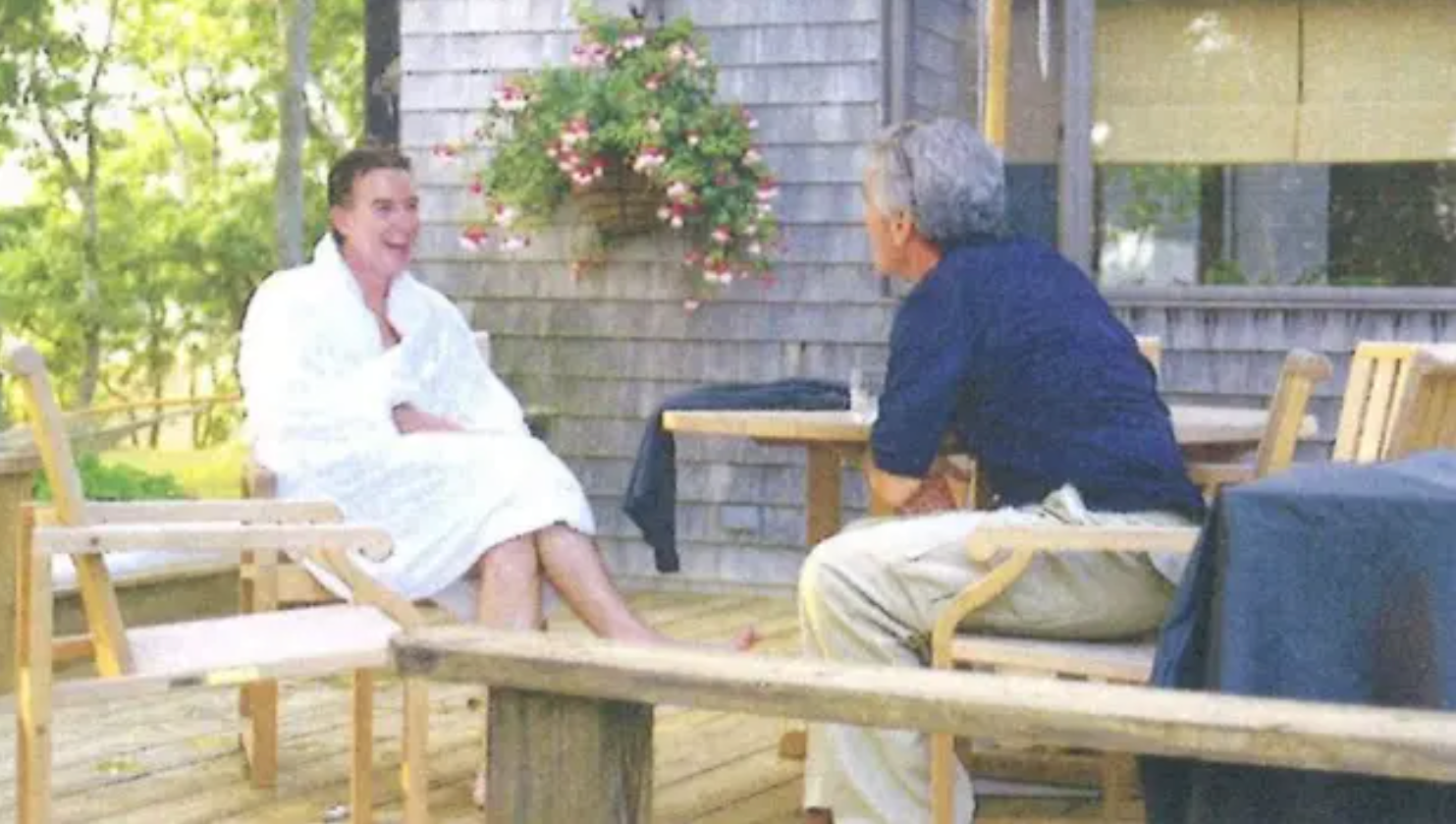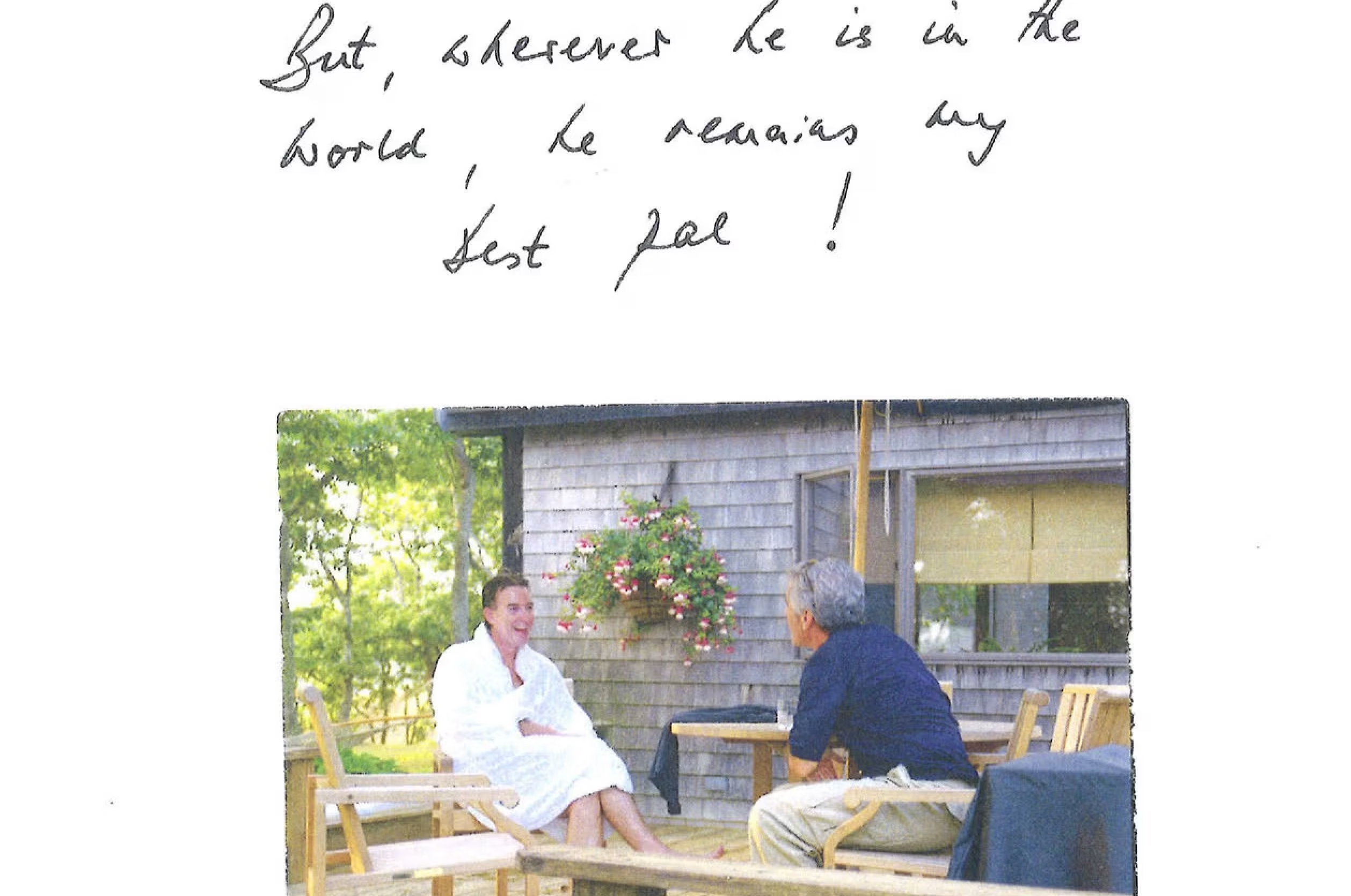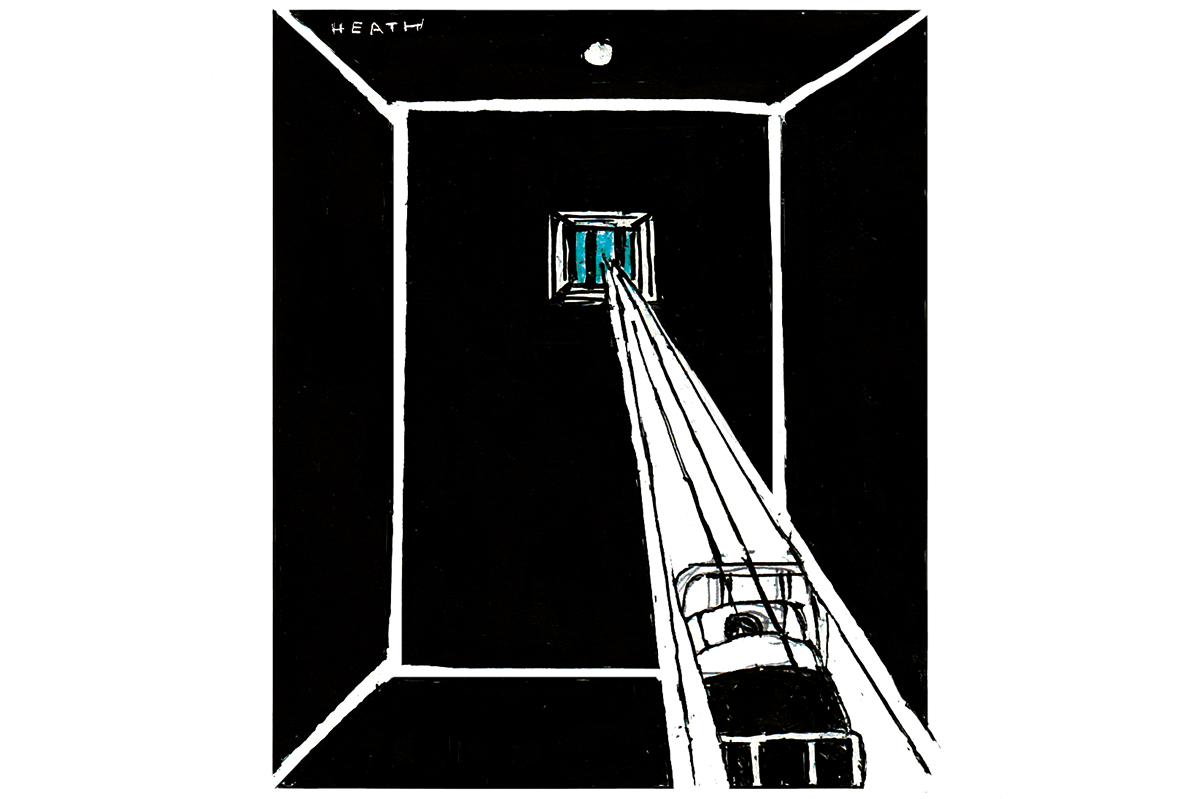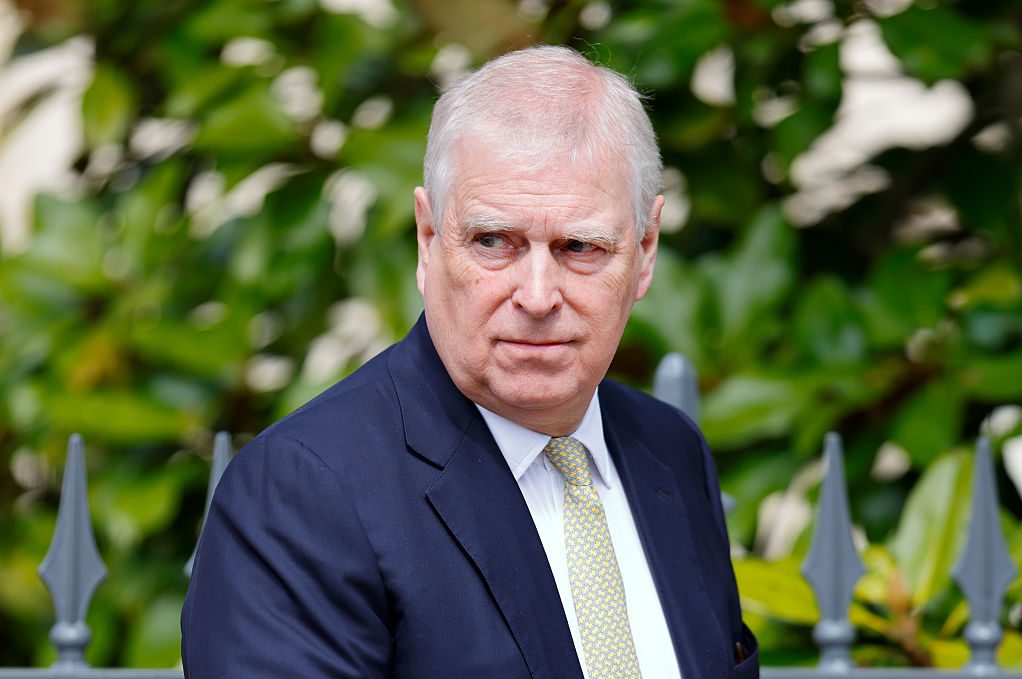The Ghislaine Maxwell trial resumed today with the defense’s presentation of its case, beginning with a procedural loss for the Maxwell team. The judge rejected the defense’s unusual request to allow some of their witnesses to testify anonymously. Maxwell’s attorneys claimed three witnesses feared they “might get a lot of unwanted attention.”
Judge Alison J. Nathan ruled that because the defense did not claim the witnesses were victims or sexual assault survivors, no special exemptions applied to the general rule that witnesses in federal court must be publicly identified. The court’s order added for emphasis the highly unusual nature of Maxwell’s request: “It is notable that the Defense does not cite in support of its motion a single case in which a court granted the use of pseudonyms to defense witnesses… It appears, then, that the defense’s requested relief is unprecedented.”
The defense called witnesses to attempt to counter the testimony of Epstein’s victims by challenging survivors’ memories and allegations regarding Maxwell’s involvement.
First, Cimberly Espinosa, Maxwell’s former executive assistant, denied ever seeing Maxwell or Jeffrey Epstein engaged in illegal sexual acts. However, Espinosa never worked in any of Epstein’s homes, where much of the alleged abuse occurred. Espinosa told the jury she admired Maxwell.
Raghu Sud, a former employee of Epstein’s travel agency, testified to authenticate Epstein’s business records.
Then Professor Elizabeth F. Loftus, a University of California-based cognitive psychologist and nationally recognized expert on false memories, testified that human memory is not accurate. Loftus has appeared in court over 300 times and testified for many convicted male sexual predators, including Ted Bundy, Harvey Weinstein and Bill Cosby. In response to past controversy, Loftus said, “The world is full of people who support accusers. I think people who are accused deserve some modicum of support as well.” Loftus is earning $600 per hour consulting for Maxwell, but she did not answer when the government suggested her total trial consulting fees over time have allowed her to amass millions.
In court, Loftus asserted, “One thing we know about memory is that it doesn’t work like a recording device.” Instead, she claimed, memories are reconstructed. Loftus drew a diagram for the jury to dissect what she described as the three stages of memory: acquisition, retention and retrieval. Loftus said her experiments showed that while memories remained in the retention stage, humans could experience memory corruption through third party suggestion. She stated that with the passage of time, memory “becomes more vulnerable to contamination.”
Loftus also claimed that leading questions, purposefully misleading suggestion and the media are all “sources” of memory manipulation, according to her research. She said that entirely fabricated memories had been successfully implanted in laboratory settings and sometimes during psychotherapy. Loftus rejected the notions that a person’s specificity or personal certainty of a memory indicated its reliability.
Defense attorneys hope Loftus will undermine the compelling testimony of sexual assault victims, some of whom were minors at the time the government claims Epstein and Maxwell abused them. Under cross-examination, Loftus did not directly attack the testimony of any of the victims.
Maxwell has not yet indicated if she intends to take the stand in her own defense, but her family claims the fifty-nine-year-old socialite is “too fragile” to testify. The trial is ongoing.



